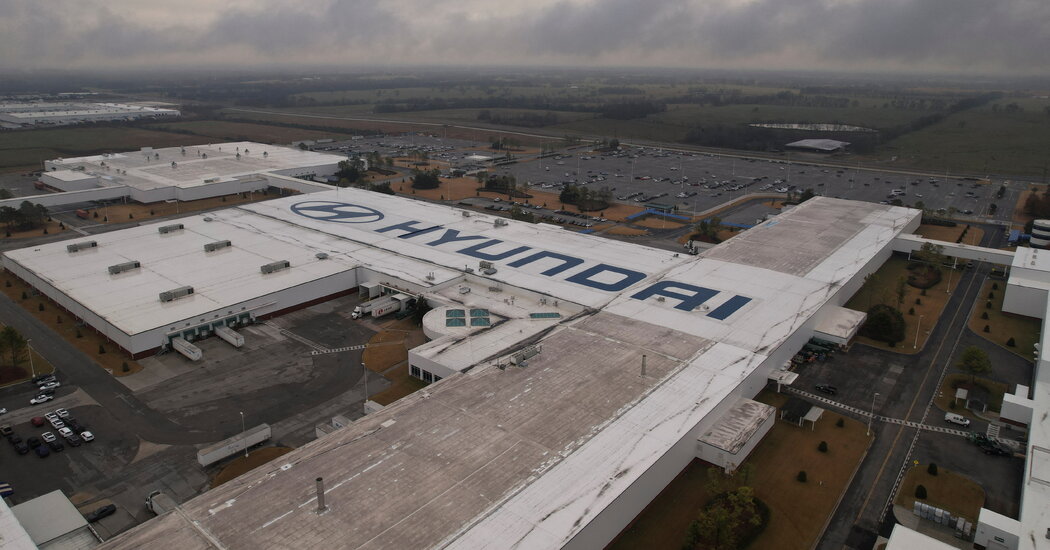U.S. Accuses Hyundai and Two Other Companies of Using Child Labor
In a shocking turn of events, the U.S. Labor Department has filed a lawsuit against Hyundai, one of its suppliers, and a staffing company for employing a 13-year-old on an auto body parts assembly line in Alabama. This disturbing revelation has brought to light the issue of child labor in the automotive industry and raised questions about the responsibility of companies in their supply chains.
According to the lawsuit filed in a federal court in Montgomery, Alabama, the 13-year-old girl was working up to 60 hours per week at a Smart Alabama factory in Luverne, Alabama, which produces body panels for Hyundai. The Labor Department has accused Hyundai of being complicit in the employment of children at its supplier’s plant, as well as the staffing agency, Best Practice Service, for recruiting underage workers.
Hyundai, in response to the allegations, stated that child labor goes against their company’s values and standards. However, the Labor Department argued that Hyundai cannot avoid accountability for the actions of its suppliers and must take responsibility for ensuring ethical practices throughout its supply chain.
This lawsuit comes after investigations by Reuters and The New York Times revealed instances of child labor in the automotive industry. It was reported that Smart Alabama had employed children at its facility, and Kia, a subsidiary of the same conglomerate as Hyundai, had also used child labor in the South. Additionally, a separate investigation found children working at the suppliers of General Motors and Ford Motor.
The implications of this lawsuit are significant, as it highlights the need for companies to closely monitor their supply chains and ensure that ethical standards are maintained. The use of child labor not only violates labor laws but also raises ethical concerns about the treatment of workers in the industry.
As the case unfolds, it remains to be seen how Hyundai and other companies involved will address the issue of child labor in their supply chains. This lawsuit serves as a stark reminder of the importance of corporate responsibility and the need to prioritize the well-being of workers, especially children, in the manufacturing sector.


